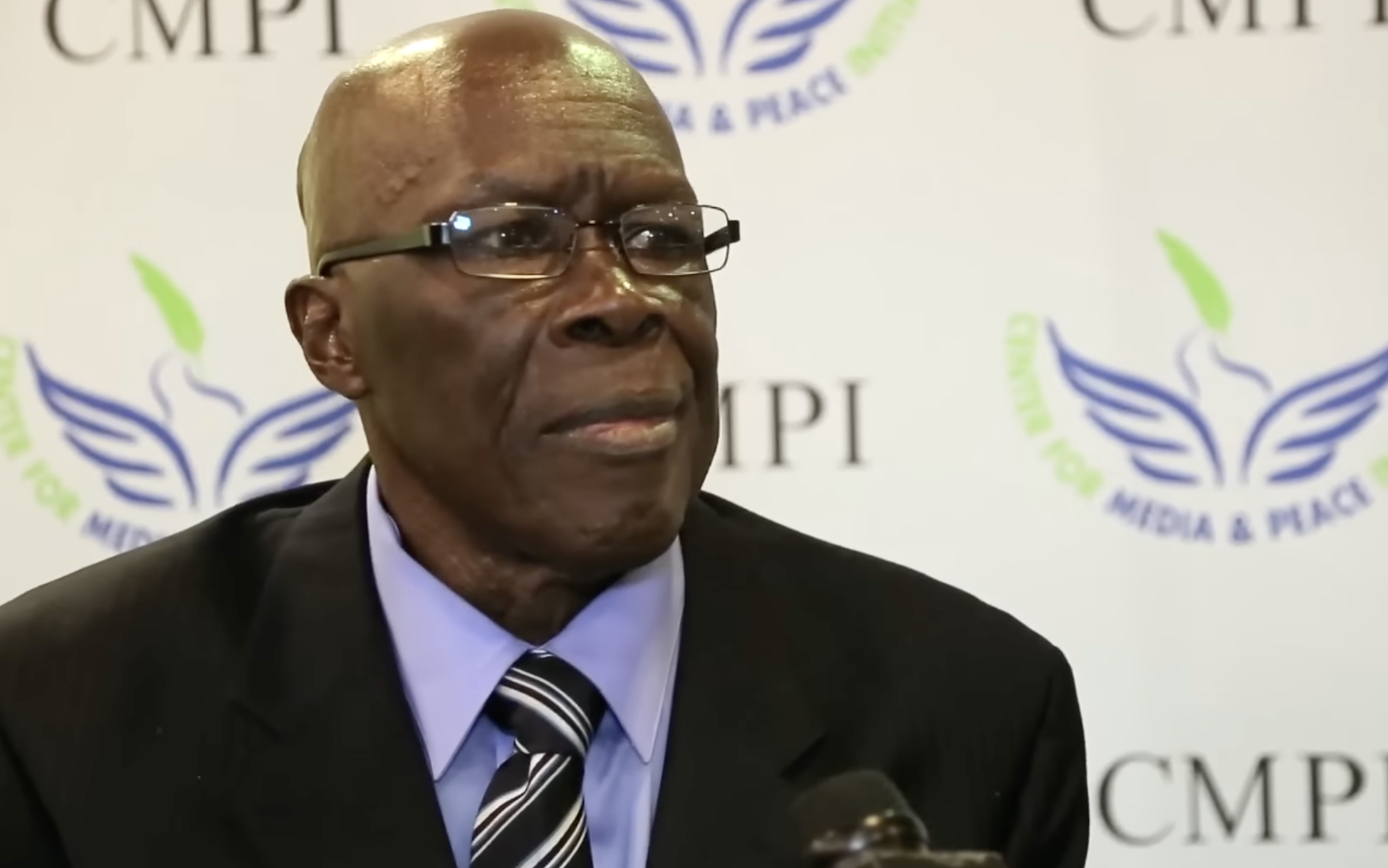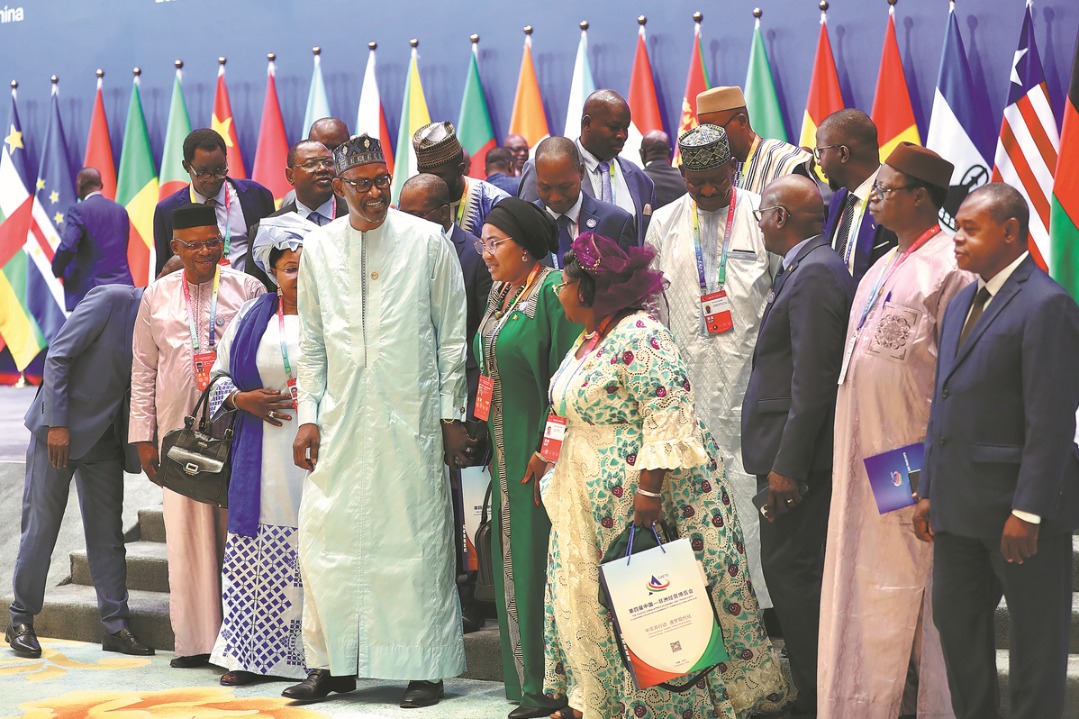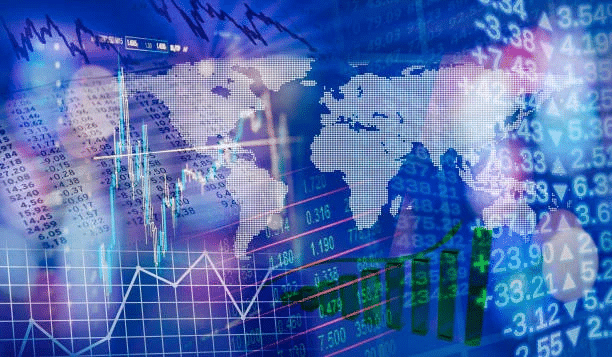Ghana braces for Economic Storm as Global Trade Wars Intensify
The global economy is facing significant challenges with direct impacts on households and businesses across Africa. A new analysis from the World Bank warns that global economic growth is on track to experience its weakest decade since the 1960s. The report highlights rising trade tensions and new tariffs (trade wars) as major burdens on economies worldwide.
On Tuesday, the World Bank downgraded its projection for global GDP growth, lowering its forecast to 2.3% for this year, down from 2.7% in January. This places the global economy on course for its slowest growth in 17 years—excluding the recession years of 2009 and 2020, when global economic growth declined by 1.3% and 2.9%, respectively.
The multilateral institution cautioned that this "turmoil" has led to lowered growth forecasts for nearly 70% of the world’s economies, across all regions and income levels.
“The sharp increase in tariffs and the ensuing uncertainty are contributing to a broad-based growth slowdown and deteriorating prospects in most of the world’s economies,” the World Bank stated.
This economic slowdown affects more than just figures—it impacts lives. Businesses must now manage unpredictable costs and disrupted supply chains. Governments are facing tougher decisions in managing national finances. For families, slower economic growth typically means fewer job opportunities and tighter household budgets, as prices rise due to increased import costs.
The World Bank also linked the expected slowdown in developing economies to rising government debt levels.
On Tuesday, Fitch Ratings echoed similar concerns, revising its outlook for global government bonds from “neutral” to “deteriorating.” The credit agency cited a “significant adverse global economic shock” caused by tariff hikes and policy uncertainty. Downgrades of this nature lead to higher borrowing costs, further straining public services and delaying development initiatives vital to economic progress.
The tariffs imposed primarily under the Trump administration were aimed at protecting American industries and addressing perceived unfair trade practices by other countries. However, institutions like the World Bank warn that such policies may have broad, negative global consequences.
While proponents argue tariffs help correct trade imbalances, critics contend that they often raise consumer prices and reduce competitiveness for export-driven businesses.
African economies are especially vulnerable to these global headwinds. Most African countries rely heavily on the export of raw materials. When China—the world’s second-largest economy—slows down due to tariffs, demand for these commodities falls. This directly impacts export earnings, national revenues, and, ultimately, livelihoods.
According to the Center for Strategic and International Studies (CSIS), Africa could lose approximately $75.26 billion annually in reduced demand stemming from US-China trade tensions.
Disruptions in global supply chains have also taken a toll. Many African businesses depend on imported raw materials and equipment. Higher tariffs on these goods increase production costs, which are either passed on to consumers or absorbed by businesses, reducing profitability.
Additionally, economic uncertainty deters foreign direct investment (FDI), threatening critical infrastructure projects and job creation. African GDP growth could decline by 0.4% this year and 0.6% next year.
There is also growing concern that Africa could become a battleground in a global "economic proxy war," particularly around strategic minerals. African countries must urgently escape the "value chain position trap"—the cycle of exporting raw materials while importing expensive, finished goods. Enhancing local processing and manufacturing is vital for boosting competitiveness.
Still, Africa has a key opportunity for resilience. The African Continental Free Trade Area (AfCFTA) offers a strategic shield against external shocks. Though intra-African trade accounted for only 14.9% of total African trade in 2023, AfCFTA aims to dramatically increase this figure. By strengthening internal markets, Africa can reduce dependence on external partners.
Ghana, heavily reliant on commodity exports like cocoa, gold, and oil, is especially exposed to global trade disruptions. Volatile commodity prices can severely impact export revenues. For instance, reduced global demand for gold translates into lower income for Ghanaian miners and decreased national earnings.
This could also dampen investor confidence, delaying infrastructure development and job creation.
Ghanaian leaders are aware of the country’s interconnectedness with the global economy. Speaking at the 73rd United Nations General Assembly in 2018, former President Nana Akufo-Addo said:
“A trade war is being stoked between the two largest economies of the world. The consequences will affect those who have had no say, including small countries like Ghana... These events provide proof, if some were needed, that ours is an interdependent world.”
Ghana has faced severe economic headwinds in recent years. Soaring debt levels forced it out of international credit markets. Although inflation remains a concern, there are signs of recovery: inflation dropped from a record high of 54% in December 2022 to 23% in December 2023. However, the Cedi experienced one of the worst depreciations against the US dollar.
The country is currently implementing an International Monetary Fund (IMF)-supported programme aimed at restoring macroeconomic stability and achieving debt sustainability. This includes fiscal consolidation and structural reforms to improve public financial management.
Yet, a volatile global trade environment complicates these domestic efforts. Each policy shift abroad reverberates at home, affecting the daily lives of Ghanaians striving for opportunity and dignity.
As the World Bank’s Deputy Chief Economist, Ayhan Kose, noted:
“The trade engine may start running again—but at a slower pace.”
The stakes are high, not just for Ghana but for the entire continent. Strategic adaptation is essential. Diversifying economies, reducing raw material dependency, and expanding intra-African trade through frameworks like AfCFTA are no longer optional—they are necessary steps toward a more stable and resilient future.
The Views, Comments, Opinions, Contributions and Statements made by Readers and Contributors on this platform do not necessarily represent the views or policy of Multimedia Group Limited.
The Views, Comments, Opinions, Contributions and Statements made by Readers and Contributors on this platform do not necessarily represent the views or policy of Multimedia Group Limited.











